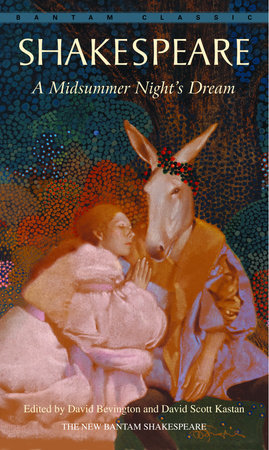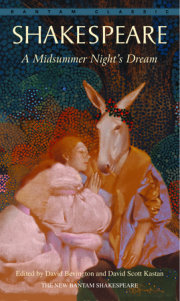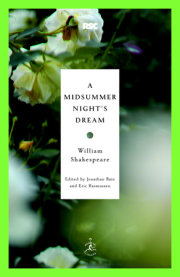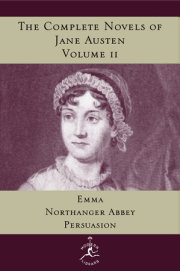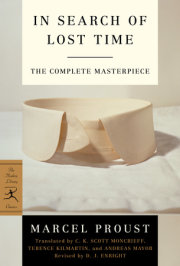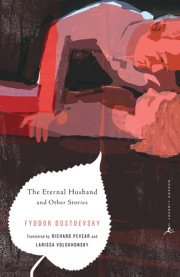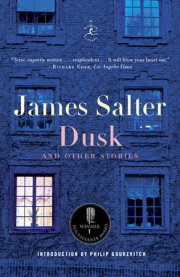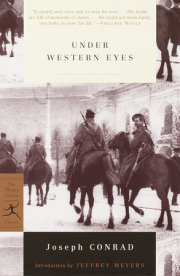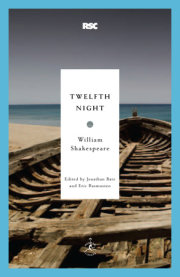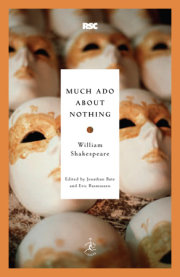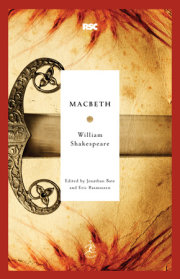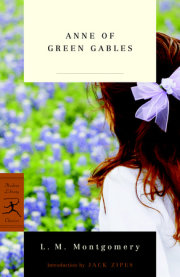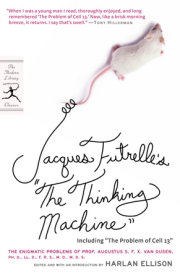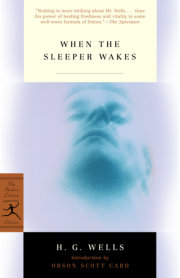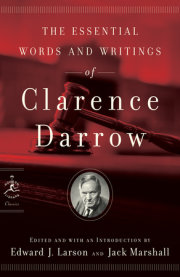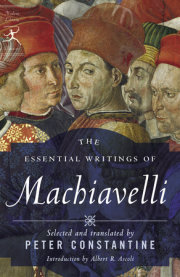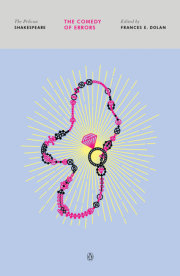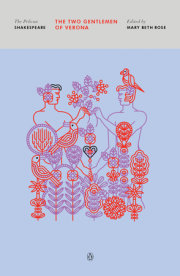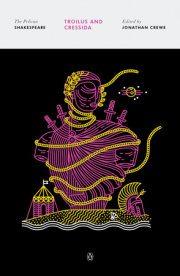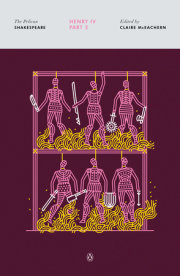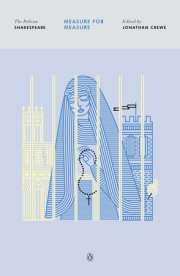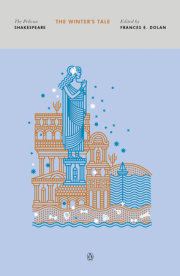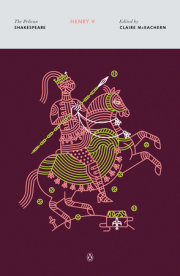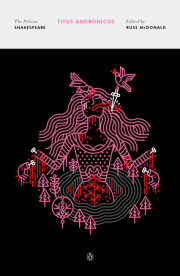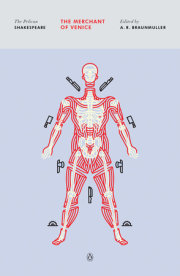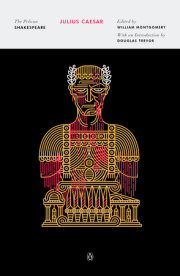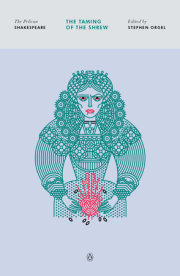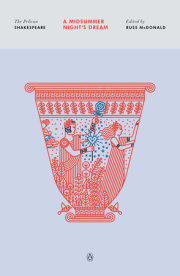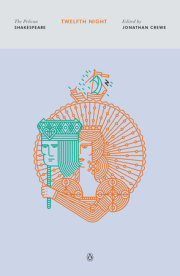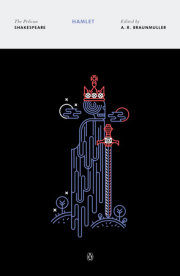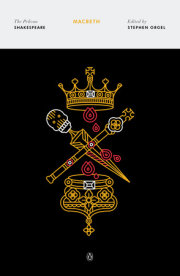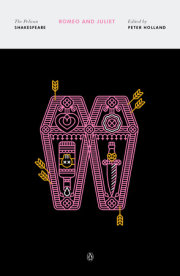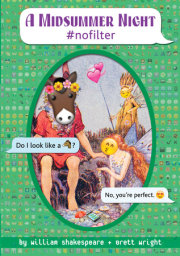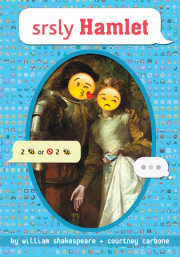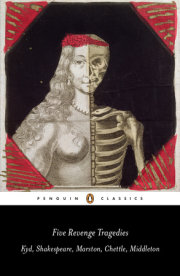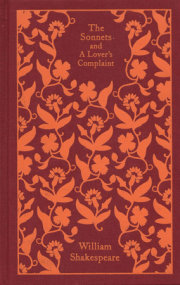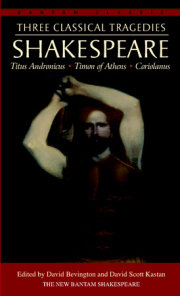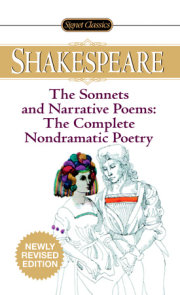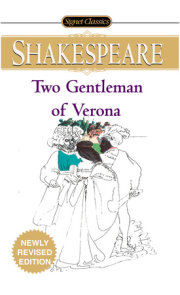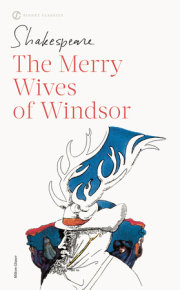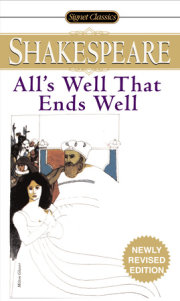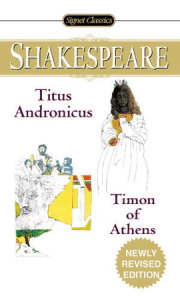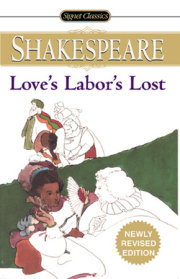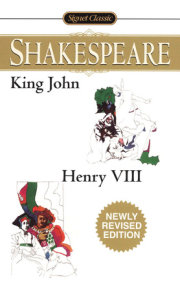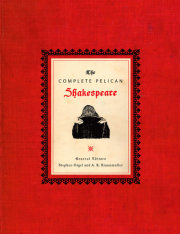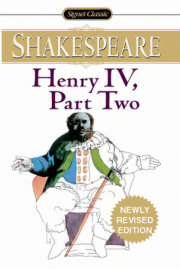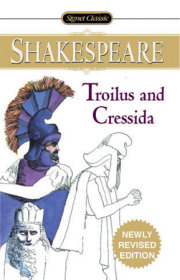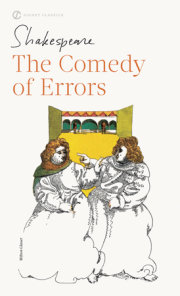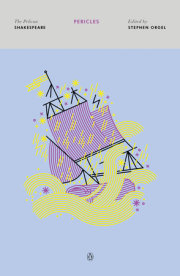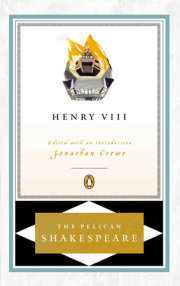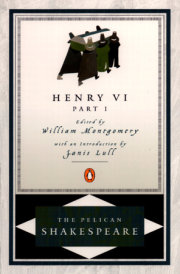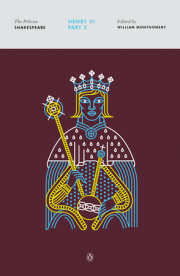[Dramatis Personae
Theseus, Duke of Athens
Hippolyta, Queen of the Amazons, betrothed to Theseus
Philostrate, Master of the Revels
Egeus, father of Hermia
Hermia, daughter of Egeus, in love with Lysander
Lysander, in love with Hermia
Demetrius, in love with Hermia and favored by Egeus
Helena, in love with Demetrius
Oberon, King of the Fairies
Titania, Queen of the Fairies
puck, or Robin Goodfellow
Peaseblossom,
cobweb,
mote, fairies attending Titania
Mustardseed,
Other fairies attending
peter quince, a carpenter, prologue
nick bottom, a weaver, pyramus
Francis flute, a bellows representing
mender, Thisbe
tom snout, a tinker, wall
snug, a joiner, lion
robin starveling, a tailor, moonshine
Lords and Attendants on Theseus and Hippolyta
scene: Athens, and a wood near it]
1.1 Location: Athens. Theseus's court.
4 lingers frustrates
5 Stepdame stepmother. a dowager i.e., a widow (whose right of inheritance from her dead husband is eating into her son's estate)
6 withering out causing to dwindle
7 Four . . . night (The image is of the day sinking into the ocean as night comes on.)
11 solemnities festive ceremonies of marriage.
15 companion fellow. (A pale complexion is linked to melancholy.) pomp ceremonial magnificence.
16 with my sword i.e., in a military engagement against the Amazons, when Hippolyta was taken captive
19 triumph public festivity
[1.1] A Enter Theseus, Hippolyta, [and Philostrate,] with others.
Theseus
Now, fair Hippolyta, our nuptial hour
Draws on apace. Four happy days bring in
Another moon; but, oh, methinks, how slow
This old moon wanes! She lingers my desires, 4
Like to a Stepdame or a dowager 5
Long withering out a young man's revenue. 6
Hippolyta
Four days will quickly steep themselves in night; 7
Four nights will quickly dream away the time;
And then the moon, like to a silver bow
New bent in heaven, shall behold the night
Of our solemnities.
Theseus Go, Philostrate, 11
Stir up the Athenian youth to merriments.
Awake the pert and nimble spirit of mirth.
Turn melancholy forth to funerals;
The pale companion is not for our pomp. 15
[Exit Philostrate.]
Hippolyta, I wooed thee with my sword 16
And won thy love doing thee injuries;
But I will wed thee in another key,
With pomp, with triumph, and with reveling. 19
Enter Egeus and his daughter Hermia, and Lysander, and Demetrius.
Egeus
Happy be Theseus, our renowned duke!
31 feigning (1) counterfeiting (2) faining, desirous
32 And . . . fantasy and made her fall in love with you (imprinting your image on her imagination) by stealthy and dishonest means
33 gauds, conceits playthings, fanciful trifles
34 Knacks . . . sweetmeats knickknacks, trinkets, bouquets, candies
35 prevailment in influence on
39 Be it so if
45 Immediately directly, with nothing intervening
51 leave i.e., leave unaltered
Theseus
Thanks, good Egeus. What's the news with thee?
Egeus
Full of vexation come I, with complaint
Against my child, my daughter Hermia.--
Stand forth, Demetrius.--My noble lord,
This man hath my consent to marry her.--
Stand forth, Lysander.--And, my gracious Duke,
This man hath bewitched the bosom of my child.--
Thou, thou Lysander, thou hast given her rhymes
And interchanged love tokens with my child.
Thou hast by moonlight at her window sung
With feigning voice verses of feigning love, 31
And stol'n the impression of her fantasy 32
With bracelets of thy hair, rings, gauds, conceits, 33
Knacks, trifles, nosegays, sweetmeats--messengers 34
Of strong prevailment in unhardened youth. 35
With cunning hast thou filched my daughter's heart,
Turned her obedience, which is due to me,
To stubborn harshness. And, my gracious Duke,
Be it so she will not here before Your Grace 39
Consent to marry with Demetrius,
I beg the ancient privilege of Athens:
As she is mine, I may dispose of her,
Which shall be either to this gentleman
Or to her death, according to our law
Immediately provided in that case. 45
Theseus
What say you, Hermia? Be advised, fair maid.
To you your father should be as a god--
One that composed your beauties, yea, and one
To whom you are but as a form in wax
By him imprinted, and within his power
To leave the figure or disfigure it. 51
Demetrius is a worthy gentleman.
54 kind respect. wanting lacking. voice approval
65 die the death be executed by legal process
68 blood passions
70 livery habit, costume
71 aye ever. mewed shut in. (Said of a hawk, poultry, etc.)
76 earthlier happy happier as respects this world. distilled i.e., to make perfume
80 patent privilege
Hermia
So is Lysander.
Theseus In himself he is;
But in this kind, wanting your father's voice, 54
The other must be held the worthier.
Hermia
I would my father looked but with my eyes.
Theseus
Rather your eyes must with his judgment look.
Hermia
I do entreat Your Grace to pardon me.
I know not by what power I am made bold,
Nor how it may concern my modesty
In such a presence here to plead my thoughts;
But I beseech Your Grace that I may know
The worst that may befall me in this case
If I refuse to wed Demetrius.
Theseus
Either to die the death or to abjure 65
Forever the society of men.
Therefore, fair Hermia, question your desires,
Know of your youth, examine well your blood, 68
Whether, if you yield not to your father's choice,
You can endure the livery of a nun, 70
For aye to be in shady cloister mewed, 71
To live a barren sister all your life,
Chanting faint hymns to the cold fruitless moon.
Thrice blessed they that master so their blood
To undergo such maiden pilgrimage;
But earthlier happy is the rose distilled 76
Than that which, withering on the virgin thorn,
Grows, lives, and dies in single blessedness.
Hermia
So will I grow, so live, so die, my lord,
Ere I will yield my virgin patent up 80
89 protest vow
92 crazed cracked, unsound
98 estate unto settle or bestow upon
99 as well derived as well born and descended
100 possessed endowed with wealth
101 fairly handsomely
102 vantage superiority
106 head i.e., face
110 spotted i.e., morally stained
Unto His Lordship, whose unwished yoke
My soul consents not to give sovereignty.
Theseus
Take time to pause, and by the next new moon--
The sealing day betwixt my love and me
For everlasting bond of fellowship--
Upon that day either prepare to die
For disobedience to your father's will,
Or else to wed Demetrius, as he would,
Or on Diana's altar to protest 89
For aye austerity and single life.
Demetrius
Relent, sweet Hermia, and, Lysander, yield
Thy crazed title to my certain right. 92
Lysander
You have her father's love, Demetrius;
Let me have Hermia's. Do you marry him.
Egeus
Scornful Lysander! True, he hath my love,
And what is mine my love shall render him.
And she is mine, and all my right of her
I do estate unto Demetrius. 98
Lysander
I am, my lord, as well derived as he, 99
As well possessed; my love is more than his; 100
My fortunes every way as fairly ranked, 101
If not with vantage, as Demetrius'; 102
And, which is more than all these boasts can be,
I am beloved of beauteous Hermia.
Why should not I then prosecute my right?
Demetrius, I'll avouch it to his head, 106
Made love to Nedar's daughter, Helena,
And won her soul; and she, sweet lady, dotes,
Devoutly dotes, dotes in idolatry
Upon this spotted and inconstant man. 110
113 self-affairs my own concerns
116 schooling admonition
117 look you arm take care you prepare
118 fancies likings, thoughts of love
120 extenuate mitigate, relax
123 go i.e., come
125 Against in preparation for
126 nearly that that closely
130 Belike Very likely
131 Beteem grant, afford
135 blood hereditary rank
136 cross vexation.
137 misgrafted ill grafted, badly matched
Theseus
I must confess that I have heard so much,
And with Demetrius thought to have spoke thereof;
But, being overfull of self-affairs, 113
My mind did lose it. But, Demetrius, come,
And come, Egeus, you shall go with me;
I have some private schooling for you both. 116
For you, fair Hermia, look you arm yourself 117
To fit your fancies to your father's will, 118
Or else the law of Athens yields you up--
Which by no means we may extenuate-- 120
To death or to a vow of single life.
Come, my Hippolyta. What cheer, my love?
Demetrius and Egeus, go along. 123
I must employ you in some business
Against our nuptial, and confer with you 125
Of something nearly that concerns yourselves. 126
Egeus
With duty and desire we follow you.
Exeunt [all but Lysander and Hermia].
Lysander
How now, my love, why is your cheek so pale?
How chance the roses there do fade so fast?
Hermia
Belike for want of rain, which I could well 130
Beteem them from the tempest of my eyes. 131
Lysander
Ay me! For aught that I could ever read,
Could ever hear by tale or history,
The course of true love never did run smooth;
But either it was different in blood-- 135
Hermia
Oh, cross! Too high to be enthralled to low. 136
Lysander
Or else misgrafted in respect of years-- 137
139 friends relatives
141 sympathy agreement
143 momentany lasting but a moment
145 collied blackened (as with coal dust), darkened
146 in a spleen in a swift impulse, in a violent flash. unfolds reveals
149 confusion ruin.
150 ever crossed always thwarted
152 teach . . . patience i.e., teach ourselves patience in this trial
155 fancy's amorous passion's
156 persuasion doctrine.
159 seven leagues about 21 miles
160 respects regards
165 without outside
Hermia
Oh, spite! Too old to be engaged to young.
Lysander
Or else it stood upon the choice of friends-- 139
Hermia
Oh, hell, to choose love by another's eyes!
Lysander
Or if there were a sympathy in choice, 141
War, death, or sickness did lay siege to it,
Making it momentany as a sound, 143
Swift as a shadow, short as any dream,
Brief as the lightning in the collied night 145
That in a spleen unfolds both heaven and earth, 146
And ere a man hath power to say "Behold!"
The jaws of darkness do devour it up.
So quick bright things come to confusion. 149
Hermia
If then true lovers have been ever crossed, 150
It stands as an edict in destiny.
Then let us teach our trial patience, 152
Because it is a customary cross,
As due to love as thoughts, and dreams, and sighs,
Wishes, and tears, poor fancy's followers. 155
Lysander
A good persuasion. Therefore, hear me, Hermia: 156
I have a widow aunt, a dowager
Of great revenue, and she hath no child.
From Athens is her house remote seven leagues; 159
And she respects me as her only son. 160
There, gentle Hermia, may I marry thee,
And to that place the sharp Athenian law
Cannot pursue us. If thou lovest me, then,
Steal forth thy father's house tomorrow night;
And in the wood, a league without the town, 165
Where I did meet thee once with Helena
167 To do . . . May to perform the ceremonies of May Day
170 best arrow (Cupid's best gold-pointed arrows were supposed to induce love; his blunt leaden arrows, aversion.)
171 simplicity innocence. doves i.e., those that drew Venus's chariot
173, 174 Carthage queen, false Trojan (Dido, Queen of Carthage, immolated herself on a funeral pyre after having been deserted by the Trojan hero Aeneas.)
180 fair fair-complexioned. (Generally regarded by the Elizabethans as more beautiful than a dark complexion.)
182 your fair your beauty (even though Hermia is dark complexioned). happy fair lucky fair one.
183 lodestars guiding stars. air music
184 tunable tuneful, melodious
186 favor appearance, looks
190 bated excepted
191 translated transformed.
193 sway the motion control the impulses
To do observance to a morn of May, 167
There will I stay for thee.
Hermia My good Lysander!
I swear to thee, by Cupid's strongest bow,
By his best arrow with the golden head, 170
By the simplicity of Venus' doves, 171
By that which knitteth souls and prospers loves,
And by that fire which burned the Carthage queen 173
When the false Trojan under sail was seen, 174
By all the vows that ever men have broke,
In number more than ever women spoke,
In that same place thou hast appointed me
Tomorrow truly will I meet with thee.
Lysander
Keep promise, love. Look, here comes Helena.
Enter Helena.
Hermia
God speed, fair Helena! Whither away? 180
Helena
Call you me fair? That "fair" again unsay.
Demetrius loves your fair. Oh, happy fair! 182
Your eyes are lodestars, and your tongue's sweet air 183
More tunable than lark to shepherd's ear 184
When wheat is green, when hawthorn buds appear.
Sickness is catching. Oh, were favor so, 186
Yours would I catch, fair Hermia, ere I go;
My ear should catch your voice, my eye your eye,
My tongue should catch your tongue's sweet melody.
Were the world mine, Demetrius being bated, 190
The rest I'd give to be to you translated. 191
Oh, teach me how you look and with what art
You sway the motion of Demetrius' heart. 193
Hermia
I frown upon him, yet he loves me still.
197 Oh, that . . . move! Would that my prayers could arouse such desire!
204-5 Before . . . to me (Love has led to complications and jealousies, making Athens hell for Hermia.)
209 Phoebe Diana, the moon
210 glass reflecting surface (of a lake, etc.)
211 liquid pearl i.e., dew
212 still always
215 faint pale
216 counsel secret thought
Helena
Oh, that your frowns would teach my smiles such
skill!
Hermia
I give him curses, yet he gives me love.
Helena
Oh, that my prayers could such affection move! 197
Hermia
The more I hate, the more he follows me.
Helena
The more I love, the more he hateth me.
Hermia
His folly, Helena, is no fault of mine.
Helena
None, but your beauty. Would that fault were mine!
Hermia
Take comfort. He no more shall see my face.
Lysander and myself will fly this place.
Before the time I did Lysander see 204
Seemed Athens as a paradise to me. 205
Oh, then, what graces in my love do dwell,
That he hath turned a heaven unto a hell?
Lysander
Helen, to you our minds we will unfold.
Tomorrow night, when Phoebe doth behold 209
Her silver visage in the watery glass, 210
Decking with liquid pearl the bladed grass, 211
A time that lovers' flights doth still conceal, 212
Through Athens' gates have we devised to steal.
Hermia
And in the wood, where often you and I
Upon faint primrose beds were wont to lie, 215
Emptying our bosoms of their counsel sweet, 216
There my Lysander and myself shall meet,
Copyright © 1988 by William Shakespeare. All rights reserved. No part of this excerpt may be reproduced or reprinted without permission in writing from the publisher.

